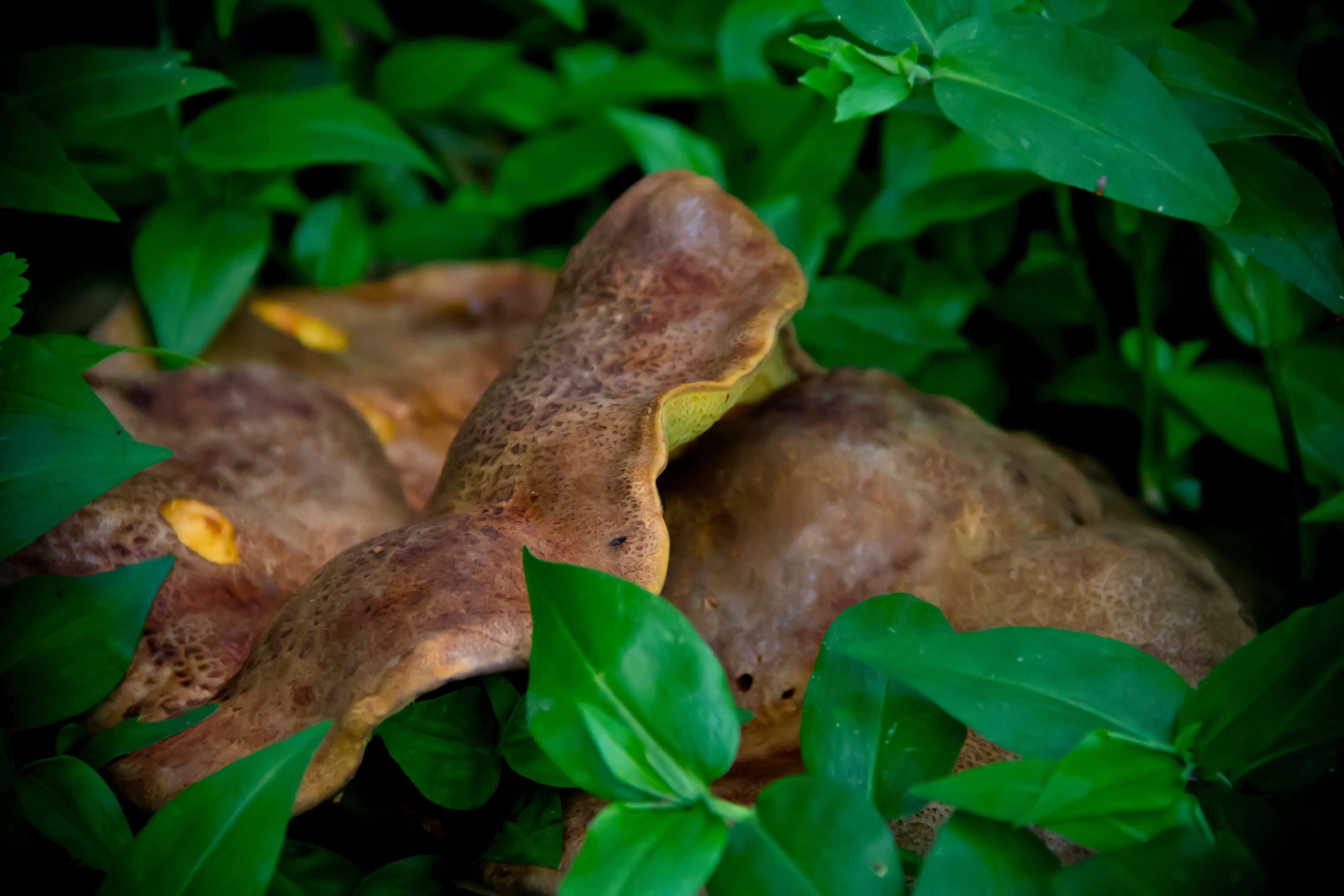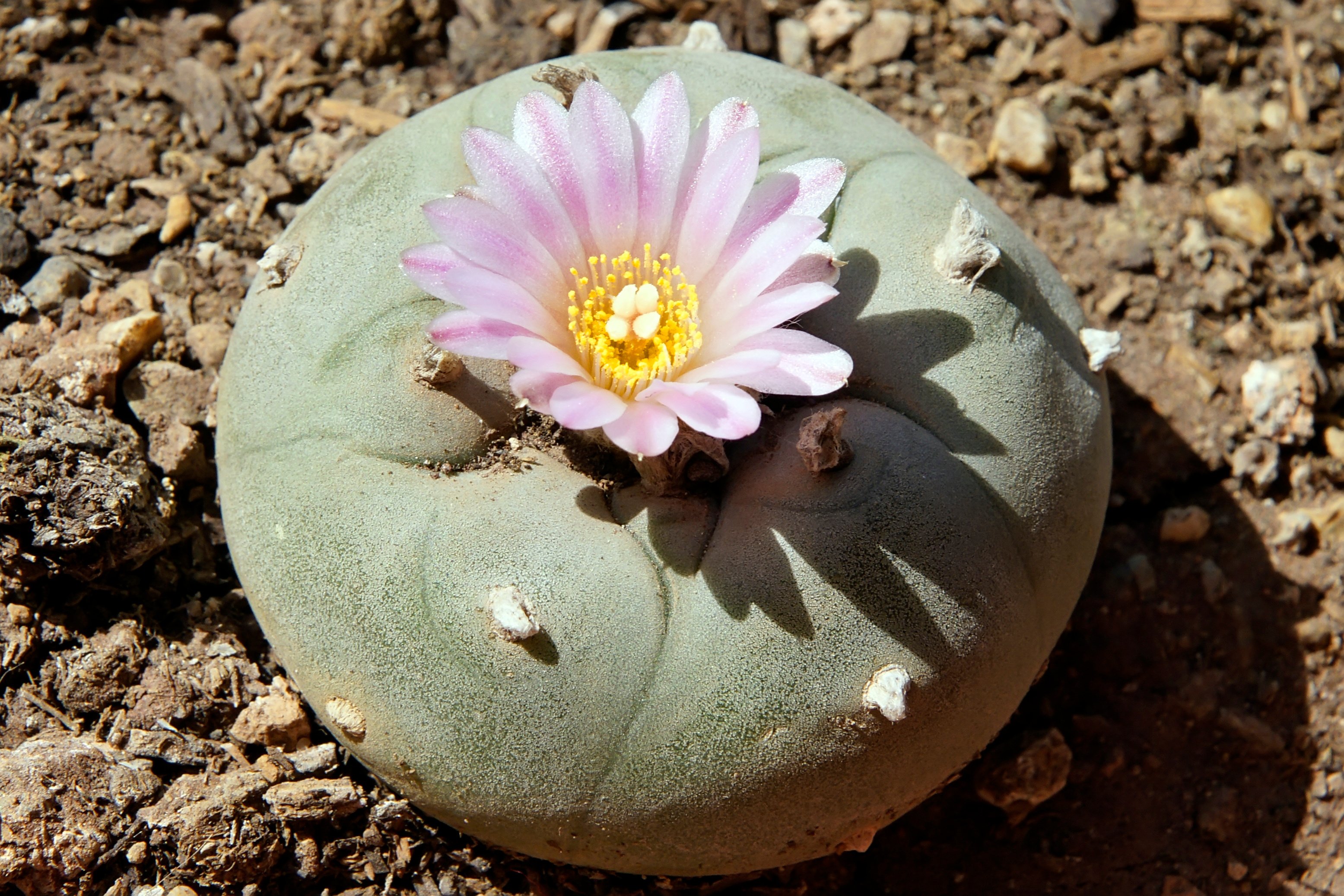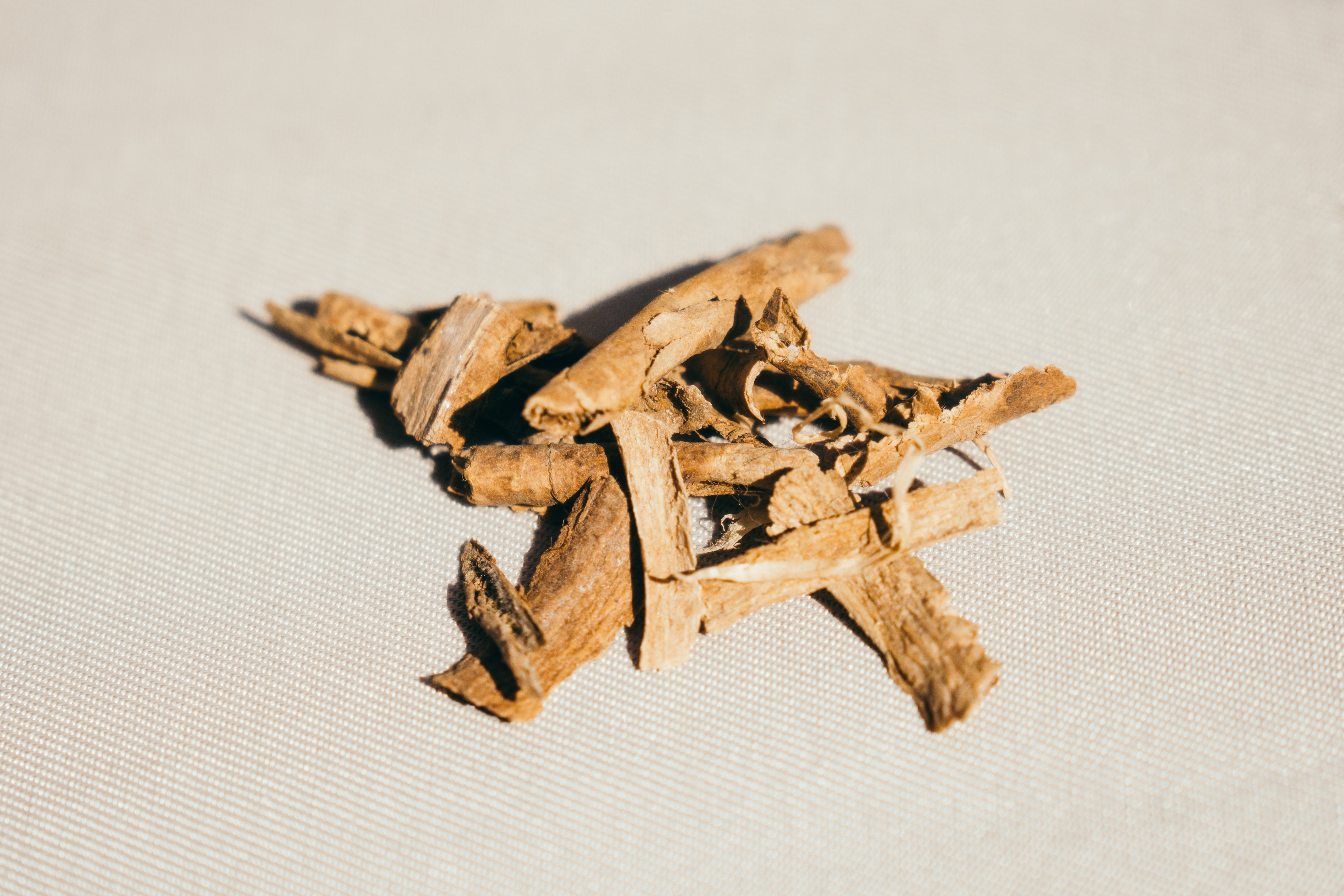Psychedelics Substance: The History & Future
.png)
Psychedelics have been used for centuries in spiritual and medicinal settings, but only recently have they begun to gain acceptance in the scientific community. Research on psychedelics such as LSD, psilocybin, and MDMA is expanding rapidly, with promising findings in treatments for mental health disorders like depression, anxiety, and PTSD, to name a few.
Let us explore some ancient cultures whose sacred ceremonies included Psychedelics. Many of these cultures, have used psychedelic substances in rituals for thousands of years and still use them in ceremonies today. The psychoactive plants are an essential part of their religion and spirituality. These psychedelic ceremonies preserve the traditions of their ancestry by honoring their wisdom through the practice and application of psychedelic plant medicine.
Evidence of the reverence that cultures felt for psychedelic experiences is well-documented in many ways, from storytelling to pictures drawn on cave walls depicting the spiritual significance of experiences facilitated by medicinal plants.
Let’s explore some cultures and locations known to participate in psychedelic ceremonies.
Oaxaca, Southern Mexico |
|
|
In the mountains of Oaxaca, Mexico, the indigenous Mazatec people have a long and rich history of using psilocybin-containing mushrooms and salvia in a sacred ritual called velada. The image to the left is psilocybin growing in the wild. |
 |
Northern Mexico and the Southern United States |
|
|
Native people of central and northern present-day Mexico have revered Lophophora williamsii, the cactus known as peyote, throughout their spiritual history. The active ingredient in peyote is mescaline, which produces hallucinogenic effects believed to facilitate intense spiritual and healing experiences for the seeker. The ceremonial culture of peyote eventually migrated to the tribes of the southern United States, where it remains a vital aspect of spiritual life. Although peyote is an illegal substance in the U.S., the church is an exception to the law due |
 |
Gabon, Central Africa |
|
|
The religious tradition of Bwiti is a practice by many cultures and is widespread in Gabon, Africa. This system of belief based upon the psychedelic properties of bark from the Tabernanthe iboga plant, which has psychoactive alkaloids. Iboga has been used for thousands of years in medicinal and spiritual applications, leveraging the deep psychological effects that Bwiti followers believe facilitate healing and growth. |

|
Future of Psychedelics
Psychedelics only recently have begun to gain acceptance in the scientific community. Research on psychedelics such as LSD, psilocybin and MDMA is expanding rapidly, in hopes as a treatment for mental health disorders like depression, anxiety, and PTSD, to name a few. Here are some of the types of psychedelics research that are currently underway.
LSD (Lysergic acid diethylamide)
LSD is a potent psychedelic drug that alters perception and mood. Recent studies have shown that it can help reduce symptoms of depression and anxiety, improve emotional regulation, and enhance creativity. Researchers are also studying the use of LSD in the treatment of alcoholism, cluster headaches and chronic pain.
Psilocybin
Psilocybin is the psychoactive compound found in “magic mushrooms.” Research has shown that it can be effective in treating depression, anxiety, and addiction. Studies have also shown Psilocybin can help improve mood, increase well-being, and enhance creativity.
MDMA (3,4-Methylenedioxymethamphetamine)
MDMA is also known as ecstasy, is a synthetic drug that produces feelings of euphoria and emotional openness. Research has shown that MDMA-assisted therapy can be effective in treating PTSD, especially in people who have not responded to other treatments. MDMA has also been studied in the treatment of depression and anxiety.
DMT (Dimethyltryptamine)
DMT is a naturally occurring psychedelic found in plants such as ayahuasca. Research on DMT is still in the early stages, but preliminary findings suggest that it may have therapeutic potential in the treatment of depression, addiction and PTSD.
Ketamine
Ketamine is an anesthetic drug that has been used off-label to treat depression and chronic pain. Ketamine has rapid anti-depressant effects and can be effective in treating treatment-resistant depression. Researchers are also studying the use of ketamine in the treatment of PTSD.
Ibogaine
Ibogaine is a naturally occurring psychedelic found in the iboga plant. Research on ibogaine is still in the early stages, but preliminary findings suggest that it may have therapeutic potential in the treatment of addiction, particularly to opioids.
For the full FAQ lists of Psychedelics substance click here
Overall, psychedelics research is expanding rapidly, with promising findings in the treatment of mental health disorders. However, it’s important to note that these substances can be dangerous if used improperly, and should only be used under medical supervision. It’s also important to recognize that psychedelics are not a cure-all and that other treatments, such as therapy and medication, may also be necessary.



